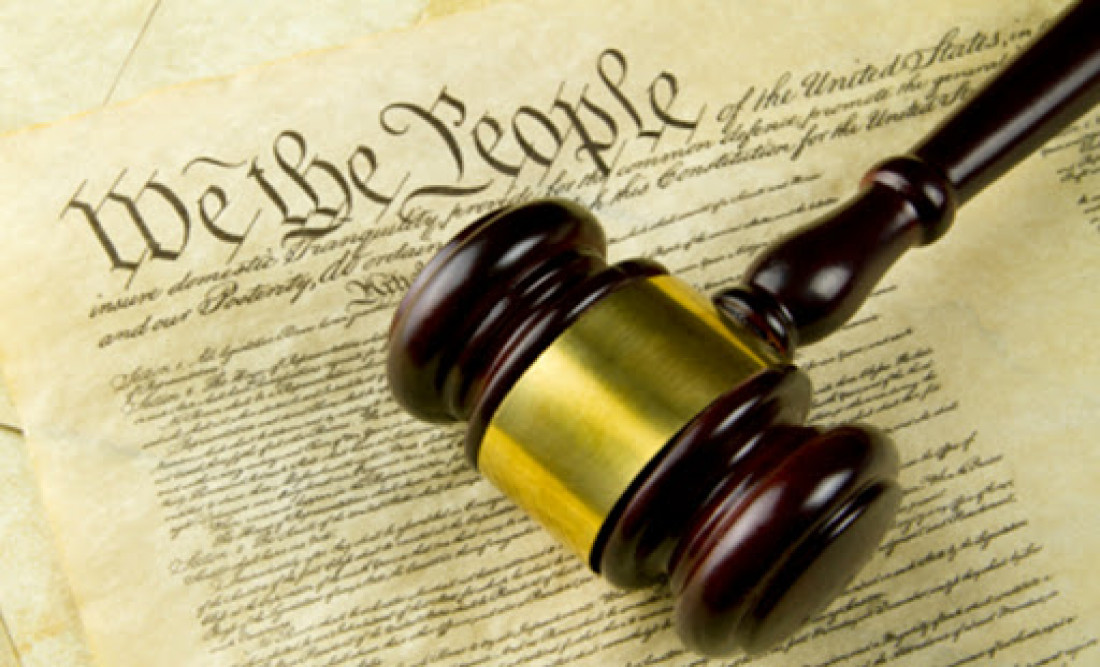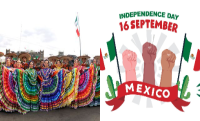The Constitution as a Living Ideal in India

The Right to Life is a Fundamental Right that the Constitution guarantees to all the citizens of this country. As you have read in this book, over the years this right, or Article 21, has been used by ordinary citizens to include issues to make this Right more meaningful and substantial. So for example, you have read of how the case of the injured farmer Hakim Sheikh established the right to health as part of the Right to Life. Similarly, you read of how the case of the slum-dwellers being evicted from Mumbai established the right to livelihood as part of the Right to Life. You know about how the court ruled in favor of a person’s Right to the “enjoyment of pollution free water and air for full enjoyment of life” as part of the Right to Life. In addition to these cases, the courts have also ruled to include the right to education and the right to shelter within this expanded understanding of Article 21.
The above expanded understanding of the Right to Life was achieved through the efforts of ordinary citizens to get justice from the courts when they believed that their Fundamental Rights were being violated. As you read in several instances in this book, these Fundamental Rights have also served time and again as the basis for the making of new laws and establishing certain policies to protect all citizens. All of this is possible because our Constitution contains certain constitutive rules that work towards protecting the dignity and self-respect of all citizens of India and guard against all forms of possible violations. What these should include is spelt out in the various provisions on Fundamental Rights and the rule of law.
But as the above cases highlight, there is also an intrinsic flexibility to our Constitution that allows for a continually expanding list of issues to be included within the idea of dignity and justice that the Constitution guarantees. This flexibility allows for new interpretations and, therefore, the Constitution can be considered to be a living document. Thus, the right to health, the right to shelter etc, are issues that were not present in written form in the Constitution that members of the Constituent Assembly had presented in 1949. But they were present in spirit, i.e. the democratic ideals that the Constitution established allowed for persons to use the political process to continually ensure that these ideals became a reality in the lives of ordinary citizens.
Several struggles by people in different parts of the country serve as a continual reminder that serious issues of equality, dignity and self-respect remain to be realised in the lives of the majority.
The various articles shows to you the democratic ideals that the Constitution contains and the ways in which it affects people’s daily lives. We have done this with the intent that this might provide you the tools with which you can critically begin to understand and examine the world around you, and participate in it as the Constitution prescribes.

Manoj Bhiva
Manoj Bhiva is a dedicated writer who loves to write on any subject. Manoj Bhiva maintains a similar hold on politics, entertainment, health, abroad articles. Manoj Bhiva has total experience of 3 years in web and Social. Manoj Bhiva works as a writer in Wordict Post.
A 4.4 magnitude earthquake that struck Northern California only caused minor damage.
Posted on 14th Sep 2022

David Cameron held practice crowds with Ruler Charles III
Posted on 13th Sep 2022








